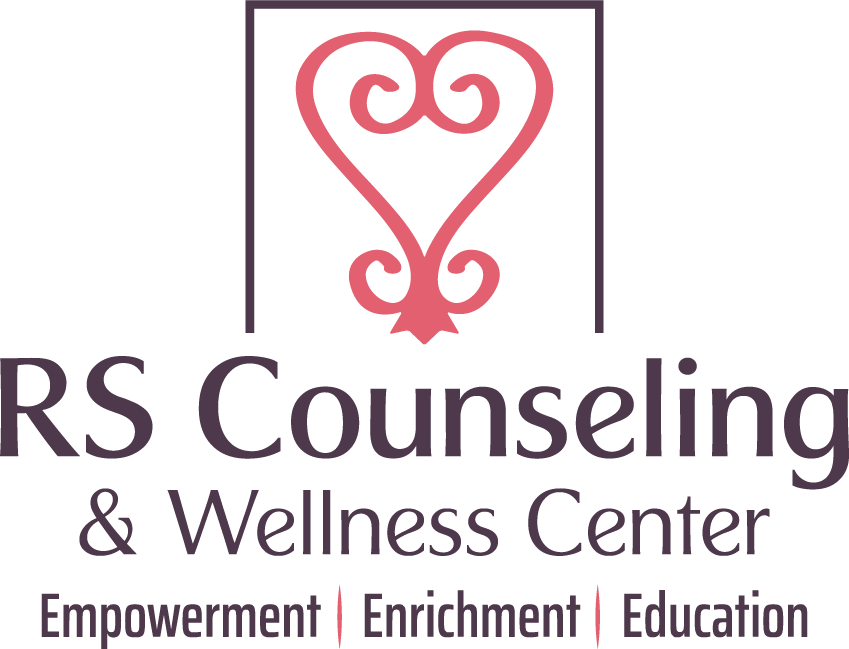Using Culturally Informed Approaches to Support Clients with Stress

By: Alexis Fredrick-Bouy
Using Culturally Informed Approaches to Support Clients with Stress
In today’s diverse and rapidly changing world, stress is a near-universal experience—but how individuals experience and respond to stress is profoundly shaped by culture. For social workers and mental health professionals, understanding and incorporating culturally informed approaches is essential for providing ethical, effective care. This blog post explores the importance of culturally responsive strategies when addressing client stress, and how continuing education, including ASWB-approved social work CEUs (Continuing Education Units), can strengthen your practice.
Understanding Stress Through a Cultural Lens
Stress does not occur in a vacuum. It is experienced and expressed within a web of cultural values, social norms, historical contexts, and community expectations. For instance, what may be labeled as "avoidant behavior" in one culture might be a normative, culturally sanctioned coping strategy in another. A culturally informed approach to stress honors these differences and avoids pathologizing them.
Take, for example, a client from a collectivist culture who places high value on family interconnectedness. They may experience stress not just from personal challenges, but from the pressure to support extended family members, fulfill community roles, or maintain intergenerational expectations. In contrast, a client from a more individualistic cultural background might report stress around autonomy, achievement, or self-expression.
As social workers and mental health professionals, we must ask: Are we interpreting our clients' stress through a culturally responsive lens—or a culturally biased one?
Why Culture Matters in the Assessment of Stress
When clients present with symptoms of stress—such as sleep disturbances, irritability, or somatic complaints—clinicians need to evaluate these symptoms with cultural humility. Without this perspective, there's a risk of misdiagnosis or inappropriate intervention.
Additionally, consider the role of immigration status, language barriers, systemic racism, and intergenerational trauma. These are culturally rooted experiences that not only intensify stress but also shape how clients seek and engage with mental health services.
This is where continuing education becomes a vital tool. Participating in ASWB-approved CEUs—especially those that focus on culturally responsive care—helps providers deepen their understanding of cultural dynamics and apply this knowledge directly to client support.
Culturally Informed Strategies to Support Clients with Stress
1. Cultural Assessment Tools
Integrating tools like the Cultural Formulation Interview (CFI), developed by the DSM-5, can help social workers gather structured information about a client’s cultural identity, values, explanatory models of illness, and preferred coping strategies.
2. Narrative Therapy with Cultural Sensitivity
Encourage clients to tell their stories, not just as a means of understanding their stress but also as a way of connecting with cultural identity and resilience. Narrative therapy, when culturally adapted, can help clients reclaim power over their experiences and see themselves as agents of change.
3. Community-Centered Interventions
In many cultures, healing is not an individual endeavor but a collective one. Collaborate with community leaders, spiritual organizations, or cultural brokers to co-create interventions that align with your client’s cultural worldview. This may include group sessions, culturally grounded rituals, or multi-generational family meetings.
4. Language and Communication Styles
Be mindful of verbal and non-verbal communication norms. Some clients may avoid eye contact as a sign of respect, while others might be uncomfortable with direct confrontation or self-disclosure. A culturally attuned clinician adjusts their communication style accordingly and, when needed, incorporates trained interpreters.
5. Empowerment through Cultural Strengths
Highlight and build upon cultural protective factors such as spirituality, ancestral knowledge, storytelling, music, foodways, and extended family systems. These are not just coping strategies—they are sources of pride and resilience.
The Role of Continuing Education in Culturally Responsive Practice
Being culturally informed is not a one-time training—it's a lifelong commitment to growth, reflection, and adaptation. Fortunately, Continuing Education (CE) offers opportunities to stay current and deepen your cultural competence.
Whether you're renewing your license or looking to enhance your skills, social work CEUs can provide structured, reflective learning on topics such as:
- Racial trauma and healing
- Decolonizing mental health practices
- Religion, spirituality, and mental health
Make sure the trainings you choose are ASWB-approved to ensure they meet high professional standards and count toward your licensure requirements.
Building a Culturally Responsive Practice: A Checklist
Here are some practical steps to take today:
- Audit your practice for cultural inclusivity (forms, decor, language).
- Seek supervision or consultation on cultural dynamics you're unfamiliar with.
- Attend CES or CEU trainings focused on anti-oppressive practice.
- Join or start a peer study group to unpack cultural case studies.
- Read, watch, and engage with diverse voices in mental health.
Final Thoughts
Stress is not a culturally neutral experience—and our support for clients shouldn't be either. By integrating culturally informed approaches into our work, we create spaces where clients feel seen, respected, and empowered. Social workers and mental health professionals play a vital role in this movement toward culturally grounded care.
Let’s continue to invest in our professional growth through continuing education, including social work CEUs that reflect the diverse realities of the people we serve. Whether you're working with immigrant families, BIPOC youth, or older adults from underserved communities, being culturally informed isn’t just good practice—it’s essential practice.
Looking for your next CE opportunity?
check out our course Understanding and Treating Stress where you'll examine diverse cultural values, traditions, and beliefs that influence stress perceptions and responses. Explore our other ASWB-approved courses on cultural competence, stress management, and client-centered interventions. Your commitment to continuing education doesn’t just benefit your clients—it transforms your practice.
Stay connected for more resources, CEU offerings, and culturally responsive strategies to support your growth as a mental health professional.
